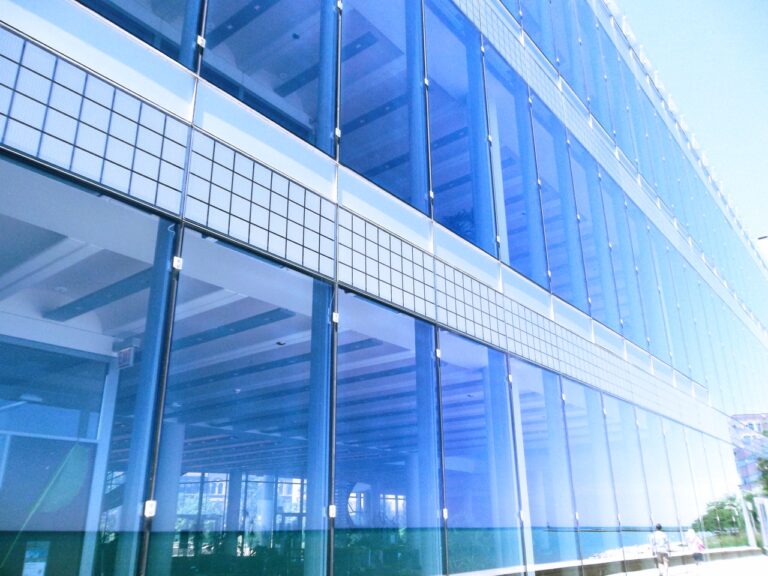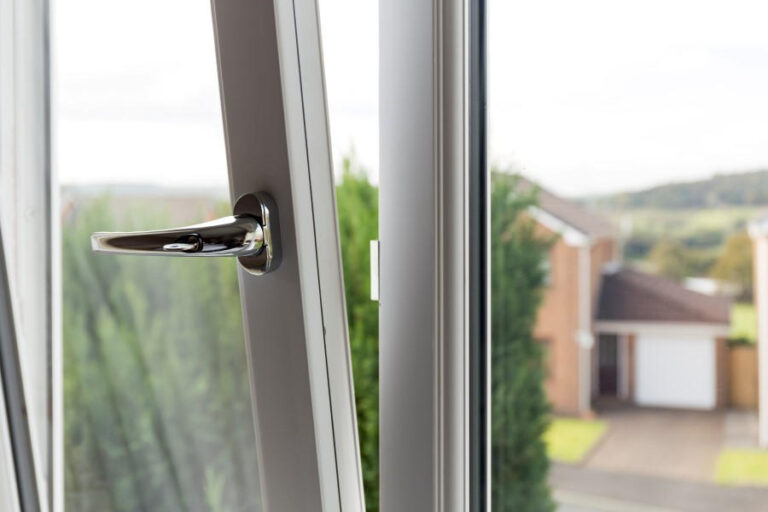RMI demand, c. 75% of Epwin Group plc (LON:EPWN) revenue, has been stronger than expected since the recommencement of operations. Extrusions revenue in June and July were up +10% yoy. The New build and Social markets have been slower to return but have picked up pace in early August. Working capital build up has been well managed, net debt is down £10.0m to c. £21.0m, since March. The strength in Epwin’s end markets mirrors what other companies in the sector have experienced recently. It implies that the positive dynamic seen is more than just catch up in demand and might be a structural shift in consumer behaviour. As a result, FY20 performance will be materially better than might have been feared back in March. It remains too early to predict the longevity of the trend and guidance remains withdrawn, but with visibility steadily improving it can be hoped that it might be reintroduced in the coming weeks.
Epwin is a professionally managed, well invested business with market leading share and operational improvements driving future returns. The balance sheet is robust with net debt not exceeding c. 1.0x normalised EBITDA during lockdown and the business will not need additional funding. On historic numbers, the shares are trading on just 6.8x earnings.
Strong demand driven by changing consumer behaviour: Since lockdown restrictions eased, RMI market demand has been materially ahead of expectations. Window systems and cellular extrusion increased sales by double digit in June and July. The strength of the market suggests that consumers are switching spending from travel into home improvement. This is likely to see volumes remain stronger for longer than if it were just pent up demand following the period of lockdown. It is too early to predict if current levels of demand will be sustained once the full impact to economy from COVID-19 is felt, but the initial recovery suggests the FY20 outcome will be materially better than might have been feared back in March. In fact, today’s update indicates that the performance has been better than the realistic scenario provided in the FY19 results at the end of April.
Cash and balance sheet performance indicative of the quality of the business: Unlike many peers in the building product space, Epwin has not needed to raise additional equity. Even rarer, today’s statement indicates that it met its pre COVID-19 debt covenants at the end of June and does not anticipate needing a waiver going forward. This places Epwin in a small group of high quality businesses that have been materially impacted in terms of revenue but have stayed within covenants, having not seen a material increase in debt. Net debt is currently c. £21.0m, materially below normalised levels of pre IFRS 16 EBITDA.
Revenue impact material but in line with the sector: H1 sales were down 34% at c. £93.0m (HY19: £140.0m). Guidance is still suspended but it is possible to make some broad-brush assumptions. Flat revenue in H2 would mean a FY performance of £230m (FY19: £282.1m) c. -18% yoy. A base level of profitability can also be inferred from the statement that Epwin will be within debt covenants going forward, although this should be viewed as a very conservative and simplistic assumption.
Valuation: On the assumption that FY21 profitability were in line with FY19, Epwin Group would trade on sub 7x earnings having come through COVID-19 with net debt to normalised EBITDA materially below 1.0x.









































